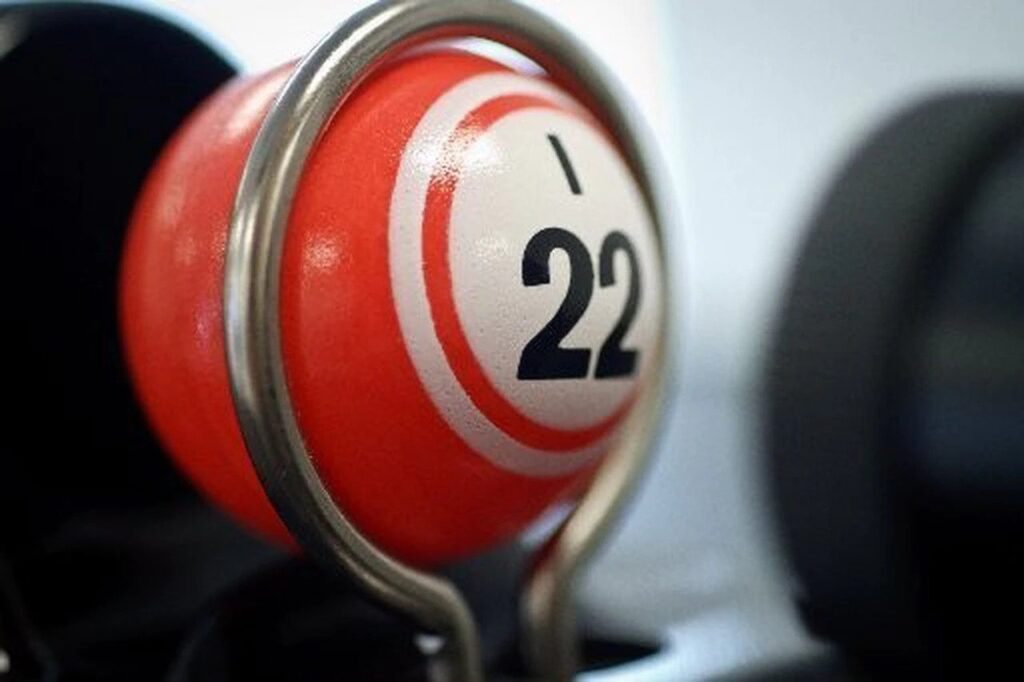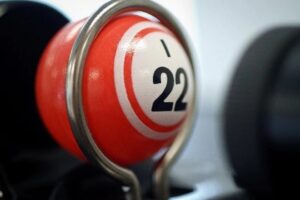The History of Bingo Clubs

Bingo, a simple card game originally developed in China, has become popular worldwide. In the U.S., bingo is now a game of skill in which every participant plays random numbers printed on special cards with numbers that the game master randomly chooses from the cards, marking the chosen numbers with dice. The numbers that are drawn are then whittled down until the person next drawn leaves the bingo room, at which point the bingo call is made. Since bingo evolved from its Chinese roots, it can be said to have traveled far and wide, even crossing the oceans to other lands where people played the game in ignorance.
Today, the game is commonly played in almost every country. Bingo is played in bars, restaurants, cemeteries, bus and train stations, schools, offices, retirement facilities, and any place that require a gathering of people. There are literally hundreds of Bingo halls dotted all over the world. A Bingo hall may be the simplest of places to play bingo, yet the most interesting because the caller does not know the cards and numbers being called until it is announced. The game is won by the caller when a number is drawn that does not exist anywhere else in the deck.
In early years, most Bingo halls were manually operated. When tickets were sold, the winner of the game was determined by whoever was lucky enough to get their hands on the tickets. As time passed by, the mechanical bingo hall became more popular, eventually replacing the more old-fashioned wooden Bingo halls. Mechanised cash bingo was first introduced in the United Kingdom in the late 1980s, with the use of push buttons as buttons, eliminating the need for a key or number combinations. Since the UK is largely an urban nation, many bingo halls had to be located in busy areas, such as those located in busy cities and towns.
In the United States of America, bingo was introduced in Chicago, Illinois in the year 1989. This was mainly a result of the rising popularity of the nighttime snack, known as popcorn. Although the North American Bingo Association has regulated the mechanics of the game since its inception, bingo halls still differ widely among states. Most bingo halls are still privately owned and operated, with each owner having the right to set his own rules and regulations. The rules and regulations can vary according to each bingo hall’s location and size.
In Europe, there is a different type of Bingo that is known as the English Bee. In this type of Bingo, the bingo games are arranged in an underground cell-phone market. Cell-phones have now become one of the main sources of communication around the world, making the online promotion of bingo games all the more convenient. Some bingo clubs even offer pre-arranged international tournaments using different numbers of players. This is part of the club’s marketing strategy as it tries to expand its clientele outside of its home turf.
Despite being a relatively recent addition to the list of clubs, online Bingo has already established itself as the number one choice among players. Online Bingo is available from any major broadband Internet service provider. With this type of club, players are not required to purchase or join a Bingo club; players simply need a computer with Internet access and a receiver for receiving the messages on their cell phone. Players can then log into their Bingo account and place their bids by dialing specific digits. In order to win, players must call the right digits, which are revealed when the player is called by a member of the bingo club.




